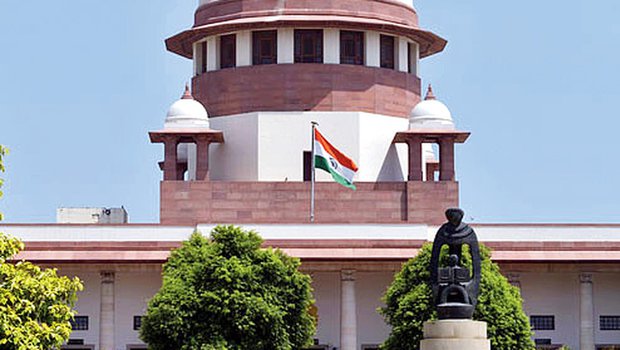Janjivan Bureau / New Delhi: The Supreme Court on Friday refused to restrain the Bihar Government from acting upon the recently published data of caste survey even as it issued notice to the Nitish Kumar-led government on petitions challenging the validity of the entire exercise.
A Bench led by Justice Sanjiv Khanna, which had earlier refused to stay the Bihar caste survey, turned down repeated requests by the petitioners’ counsel to stay any further action on the caste survey data.
“We cannot stop the state government or any government from taking decisions. That would be wrong,” Justice Khanna told the petitioners’ counsel.
The Bench, however, said, “If there is an issue with regard to data, that will be considered. We are going to examine the other issue regarding the power of the state government to conduct the exercise.”
Noting that data has already been collected, the Bench said, “One of the issues will be with regard to breakdown of data and whether we should at all touch upon it. If we uphold everything, whether it should be left to…,”
The top court asked the Bihar Government to file its response to the petitions in four weeks and gave an additional four weeks to the petitioners to file their counter-affidavit and posted the matter for further hearing on January 2024.
The petitioners’ counsel contended that since the entire data gathering exercise was illegal, the state government should be restrained from acting upon it.
According to the data released on October 2—barely months before the 2024 Lok Sabha elections—Other Backward Classes (27.1 per cent) and Extremely Backward Classes (36 per cent) constituted 63 per cent of Bihar’s total population which stood at a little over 13.07 crore. Scheduled Castes accounted for 19.65 per cent, the caste survey data revealed.
‘Ek Soch Ek Paryas’, an NGO, and Nalanda resident Akhilesh Kumar have challenged the August 1 verdict of the Patna High Court upholding the June 6, 2022 notification issued by the Bihar Government for the caste survey.
The petitioners contended that it was actually a census which in terms of the constitutional mandate, only the Union Government was empowered to conduct. The nature of information sought in the survey violated the right to privacy of the respondents, they contended.
The Patna High Court had on August 1 rejected petitions challenging the caste survey, saying, “We find the action of the state to be perfectly valid, initiated with due competence, with the legitimate aim of providing development with justice.”

















